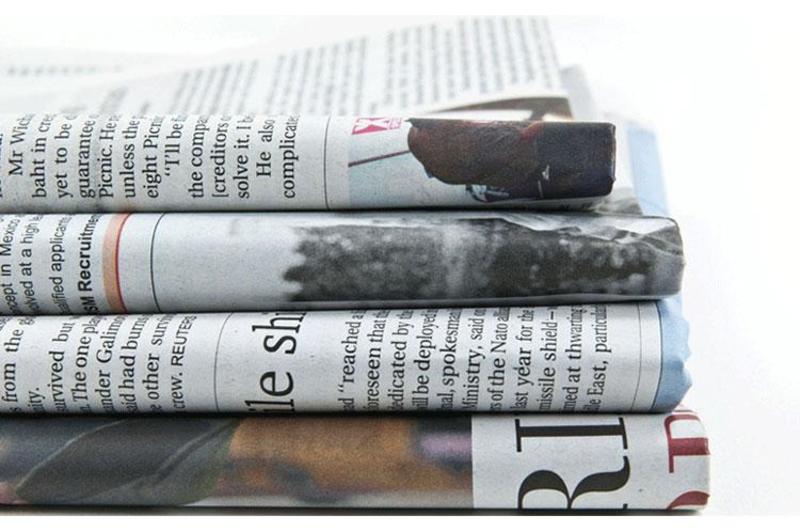

This website was created and maintained from May 2020 to May 2021 to commemorate the 75th anniversary of Stars and Stripes operations in the Pacific.
It will no longer be updated, but we encourage you to explore the site and view content we felt best illustrated Stars and Stripes' continued support of the Pacific theater since 1945.
Hero set for 15-day treatment of disease contracted as PW

By Bob Starr | Stars and Stripes September 7, 1953
TOKYO, Sept. 7 — An American hero of the Korean war, Maj. Gen. William F. Dean, today began a 13day treatment for amoebic dysentery in Tokyo Army Hospital, the effects of three years as a Communist prisoner of war.
The gray-haired Medal of Honor winner said he felt "splendid" after his first full day back in Allied hands.
Dean disclosed his condition for the first time yesterday afternoon during an informal press conference at the hospital.
A bit nervous, Dean said he had just attended his first religious — Episcopal — services since June 25, 1950, the day the war broke out.
Not committing himself to any date, he indicated he might retire from the service soon. "I am not at all certain what my plans will be when I get back. I have always promised my family I would retire after 30 years and give them some attention. If I live up to my promise, that's what I'll do. I want to at least take some leave to get acquainted with my grandchildren."
Correcting a published report that he had lost two toes, he said it was his "two big toenails" that he lost on a march.
Speaking slowly to the crowd that jammed the small hospital auditorium, he commented on the amount of destruction caused by Allied bombers in North Korea. He said:
"The bombers came in low and fast before a warning signal was given." This was during his stay in a house near "Liberation park" near Pyongyang.
He indicated there was much t bombing and many near-misses. They were always "very quick" to take him to a safe area.
"I must have received special treatment because I received 69 letters from my daughter, 35 from my mother, about 30 from my wife and some from my son. I received many letters from the mothers, sisters and wives of members of my command. I answered all of them but I could get no information on their loved ones."
The general was asked if he received any Communist political indoctrination and he answered "not directly." After January, 1952, he was given Communist literature.
He added that it "emphatically did not" change his outlook on life.
He said he had no idea there were any truce negotiations until Wilfred Burchett, a Communist correspondent, visited him in January, 1952. After that he was kept pretty well informed and was told of President Eisenhower's landslide election victory almost immediately.
He said, "From the moment of my capture I had planned to escape." Dysentery, but what he thought at the time was malaria, fouled up his escape plans,
"During the first year, illness kept me from trying to escape. When I was healthy enough in August of 1952 I came down with dysentery the day before I had planned to escape. I had saved dried fish from my food."


